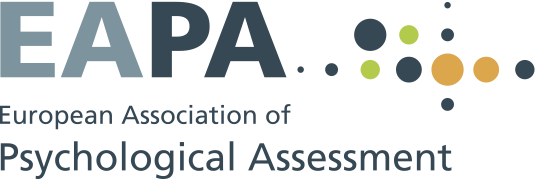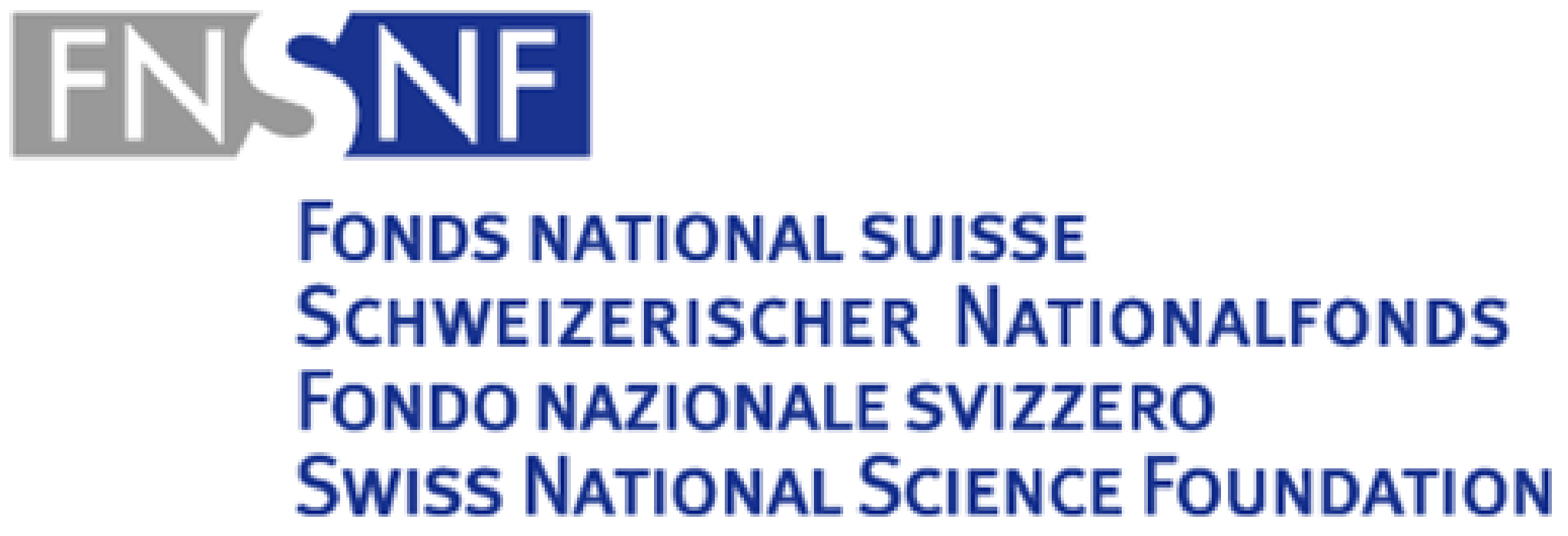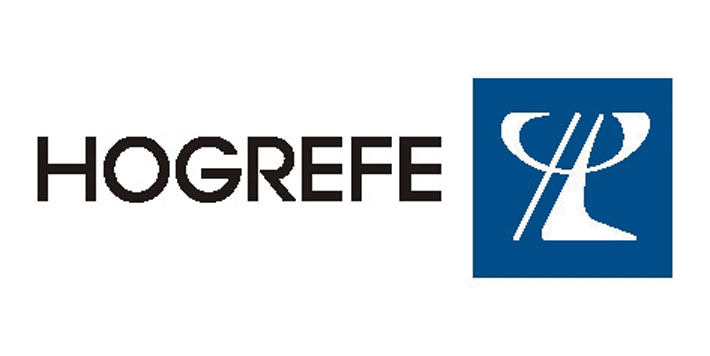Pre-Conference Workshops
All pre-conference workshops will take place at the conference venue on the opening day of the conference (July 22, 2015). All workshops cost 75 CHF (about 70 € / 75 $). In case there are any additional places available, it is possible to register only for the pre-conference workshops (more information)The following persons will be holding a pre-conference workshop:
- Daniel Leising, University of Dresden, Germany
- Fridtjof W. Nußbeck, University of Bielefeld, Germany
- Tracey Platt and Jennifer Hofmann, University of Zurich, Switzerland
- Matthew Zeigenfuse, University of Zurich, Switzerland
Workshop 1
| Title: | Diagnostics of personality pathology – past, present and future |
| Organizer: | Daniel Leising (Technische Universität Dresden, Germany) |
| Time: | 13:00-16:30 |
The diagnostics of personality pathology is likely to undergo profound changes in the near future. Empirical research has demonstrated that the previous diagnostic systems in DSM-IV and ICD-10 had too many problems to be carried forward. Thus, DSM-5 features a proposal for an alternative diagnostic model whose (dis-)advantages are presently debated. In this workshop I will briefly recount the problems with previous diagnostic models, and then introduce the new, alternative approach, discussing its relative strengths and limitations. In doing so, basic conceptual questions will play an important role (e.g., are personality problems medical or ethical in nature?). Furthermore, I will give an overview of recent empirical research into the new approach, and highlight areas in need of further investigation.
Workshop 2
| Title: | Introduction to modern Multitrait Multimethod Analysis - How to examine the convergent and discriminant validity of psychological measures |
| Organizer: | Fridtjof W. Nußbeck (University of Bielefeld, Germany) |
| Time: | 13:00-16:30 |
In this workshop, participants will be introduced to modern Multitrait-Multimethod (MTMM) Analysis. After a short introduction to the concepts of convergent and discriminant validity and the original MTMM matrix as proposed by Campbell and Fiske, modern Confirmatory Factor Analysis (CFA) MTMM models will be introduced. In particular, single and multiple indicator correlated -trait correlated -uniqueness (CTCU), correlated-trait uncorrelated-methods (CTUM), correlated-trait correlated-methods minus 1 (CTC(M-1)) will be presented. These models will be introduced theoretically; empirical applications will be exemplified in up-front demonstrations. The concept of distinguishable and indistinguishable methods will be introduced in order facilitate the choice of an adequate MTMM model in a given measurement situation. Much emphasis will be given to the correct interpretation of model parameters and coefficients indicating convergent and discriminant validity (e.g., consistency and method-specificity coefficients). Extensions of CFA-MTMM models to longitudinal MTMM models and/or mixture distribution MTMM models will be briefly sketched. Participants should be familiar with basic concepts of Factor Analysis.
Workshop 3
| Title: | What the face reveals: The Facial Action Coding System as an assessment tool and its applications |
| Organizers: | Tracey Platt and Jennifer Hofmann (University of Zurich, Switzerland) |
| Time: | 09:00-12:30 |
This workshop will take you through the main technical components of the Facial Action Coding System, a valid and objective assessment tool for the assessment of facial expressions. We will further look into how and where this method can be applied (i.e., assessment of emotions, deception detection, etc.). The course is intended to give a good overview of FACS and will be a good first step for those interested in exploring this assessment tool as a method of identifying non-verbal expressions. An essential part of the course will consist of hands-on practice, bringing a mirror or reflective surface will be required.
Workshop 4
| Title: | Introduction to item response theory with R |
| Organizer: | Matthew Zeigenfuse (University of Zurich, Switzerland) |
| Time: | 09:00-12:30 |
This workshop provides a practical introduction to Item Response Theory (IRT), a powerful set of tools for measuring latent traits. Central characteristics of IRT are that the trait or ability of the person is decoupled from the properties of the test items and that its assumptions can be empirically tested. IRT has been state of the art in large scale educational assessments for quite some time now and is becoming more and more common in all other areas of psychological assessment, too, both for empirically validating newly suggested psychological tests as well as for investigating the measurement properties of existing instruments.
The workshop has two goals. First, it will briefly review the theory behind common IRT models like the Rasch model and Birnbaum's 2PL model. Second, it will show participants how to practically fit these models in R by means of hands-on exercises. The workshop will close with a short outlook on more recent developments in IRT that are also available in R.
For the practical exercises, the participants bring their own laptops with the to the workshop. The R packages eRm and TAM packages should installed. Previous experience with R is helpful but not mandatory.











